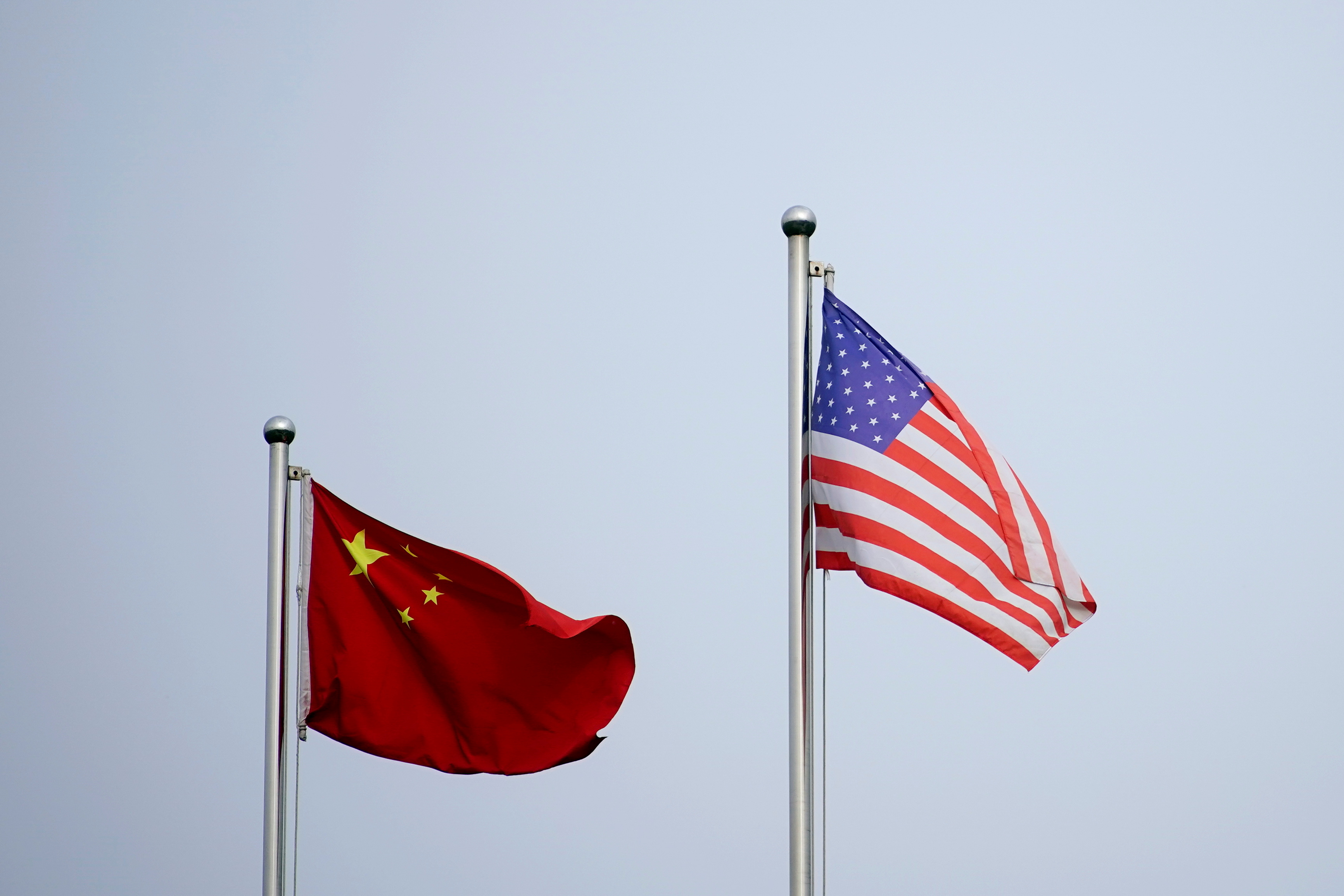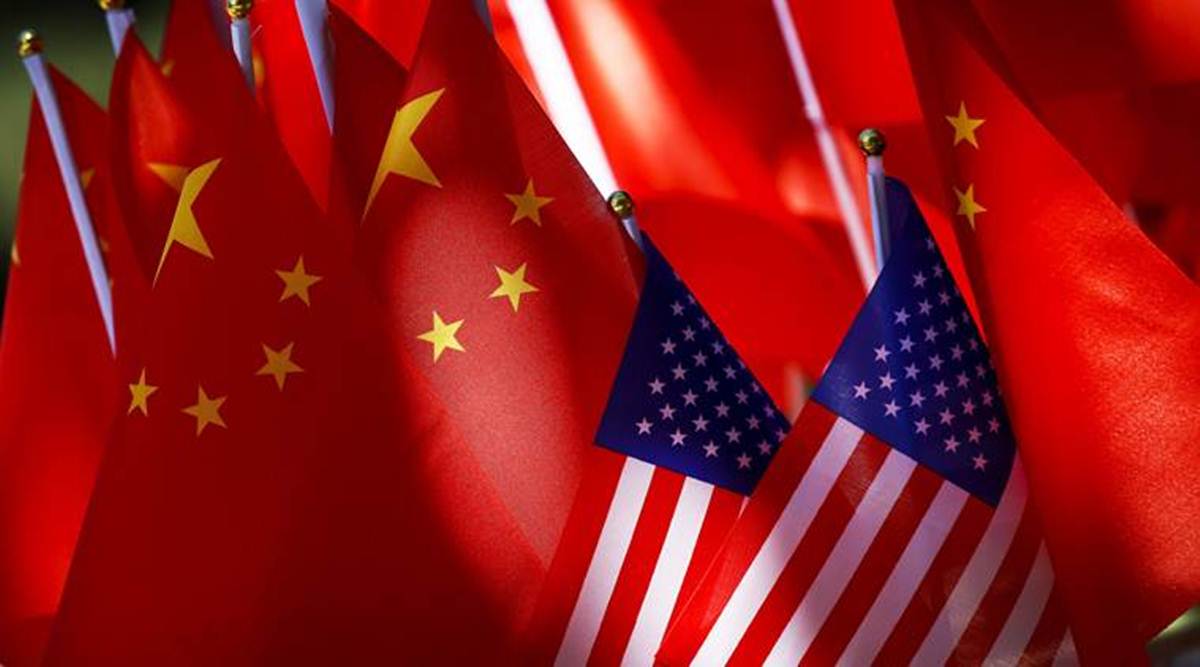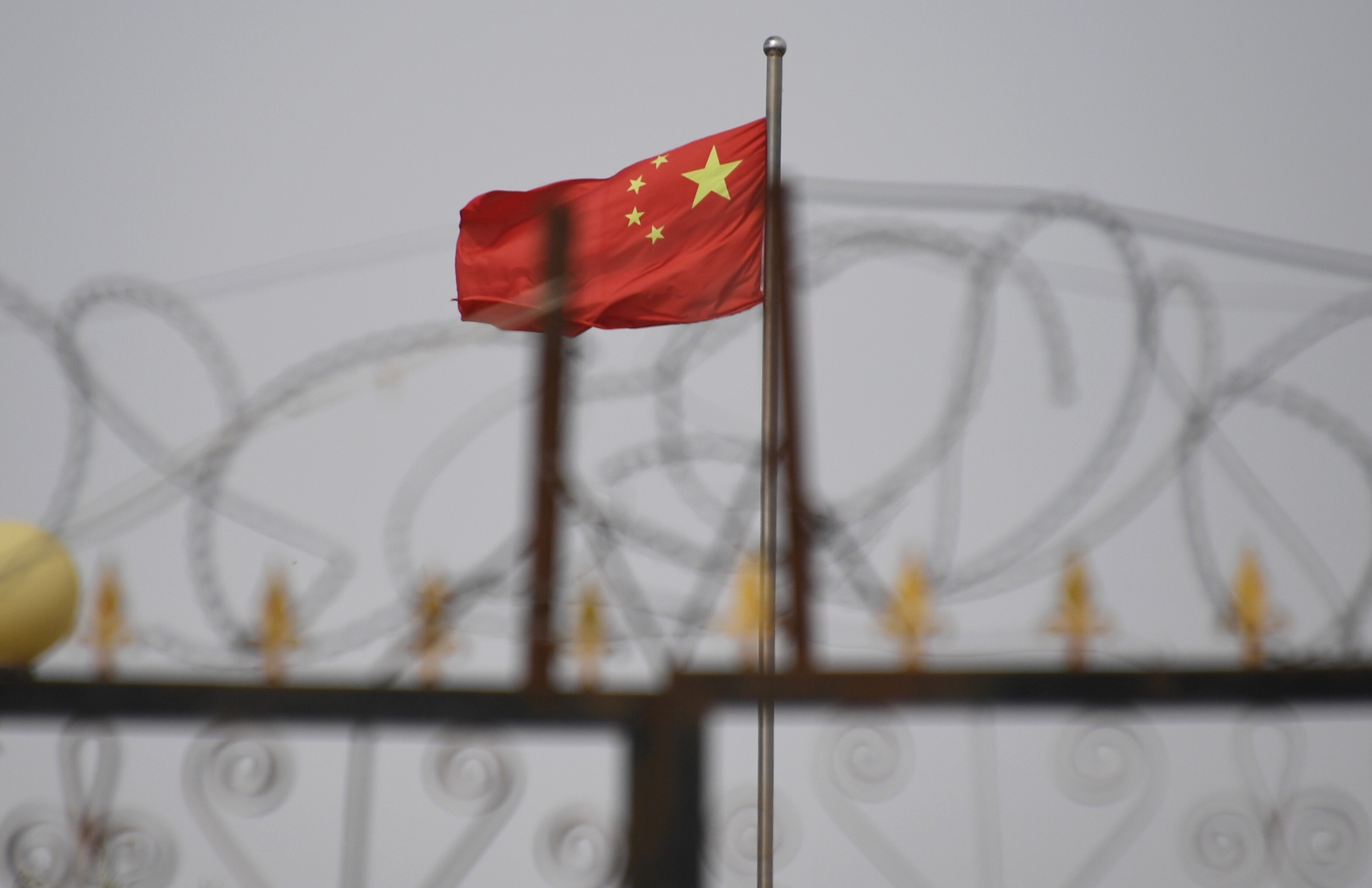The US sanctions 11 Chinese companies over Muslim abuse complaints
The US sanctions Chinese companies over Muslim abuse complaints
The United States government has forced trade consents on 11 companies as they are involved in human rights abuses in China’s Muslim northwestern region of Xinjiang. Monday’s announcement adds to United States pressure on Beijing over Xinjiang, where the Chinese government is accused of mass detentions, forced labor, and other abuses against Muslim minorities.

Xinjiang is among a list of conflicts that includes human rights, trade, and technology that have hampered U.S.-Chinese relations to fall to their lowest level in decades. The U.S administration also imposed penalties on four Chinese officials over the allegations. Beijing reacted by announcing undefined sanctions on four U.S. representatives who are experts in its human rights record.
The Department of Commerce said the addition of the 11 companies to its Entity List would restrict access to United States goods and technology. However, it didn’t provide any details of what goods might be affected. According to Commerce Secretary Wilbur Ross, this step will secure that the products and technologies of the United States are not practiced in the Chinese Communist Party’s offensive against helpless Muslim minority populations in China.

China has restrained approximately 1 million or more Uighur members and other Muslim ethnic minority groups in detention camps. The government defines them as vocational training facilities intended at countering Muslim radicalism and separatist aims.
It assumes these facilities have been stopped and claiming that it is impossible to prove the restrictions on visits and reporting about the region. Veterans of the camps and family members tell those detained are forced with the threat of violence, to criticize their religion, culture, and language and affirm loyalty to Communist Party leader and President Xi Jinping.
The companies told on Monday to add clothing manufacturers and technology suppliers. Two companies told, Beijing Liuhe BGI, and Xinjiang Silk Road BGI are subsidiaries of BGI Group that is among the world’s biggest gene-sequencing companies. The Commerce Department said they were “carrying out genetic analyses practiced to further the restraint” of Muslim minorities.

Human rights organizations tell security forces in Xinjiang that appears to be building a genetic database with samples from millions of people that includes using blood and other samples subjects are enforced to provide. Nationwide, authorities have collected genetic information from the Chinese public for approximately two decades that the government maintains is used in law enforcement.
Phone calls and messages to BGI’s public relations and investor relations departments are not answered. Three of the companies were told to identified by investigations by The Associated Press in 2018 and 2020 as being involved in forced labor. A company named Nanchang O-Film Tech, supplies lenses and screens to Samsung, Apple, and other prominent technology companies.
AP reporters discovered workers from Xinjiang at its factory in the southern city of Nanchang weren’t permitted alone and were required to attend political classes. U.S. customs authorities caught a shipment from another company named Hetian Haolin Hair Accessories, on doubt made over forced labor.
People who worked for the Hetian Taida that manufactures sportswear and sell them to U.S. universities and sports teams said detainees were forced to work there. The Commerce Department imposed similar restrictions last October, and in June on thirty-seven companies it said were “engaged in or allowing” abuses in Xinjiang.

The Commerce department declared a warning was given on July 1 to the companies who handle goods produced by forced labor or that supply technology that might be used in labor camps or for monitoring might face undefined “reputational, financial and legal risks.” The Chinese foreign ministry criticized the warning and told Beijing to take “necessary actions” to protect Chinese companies but didn’t provide any details.




